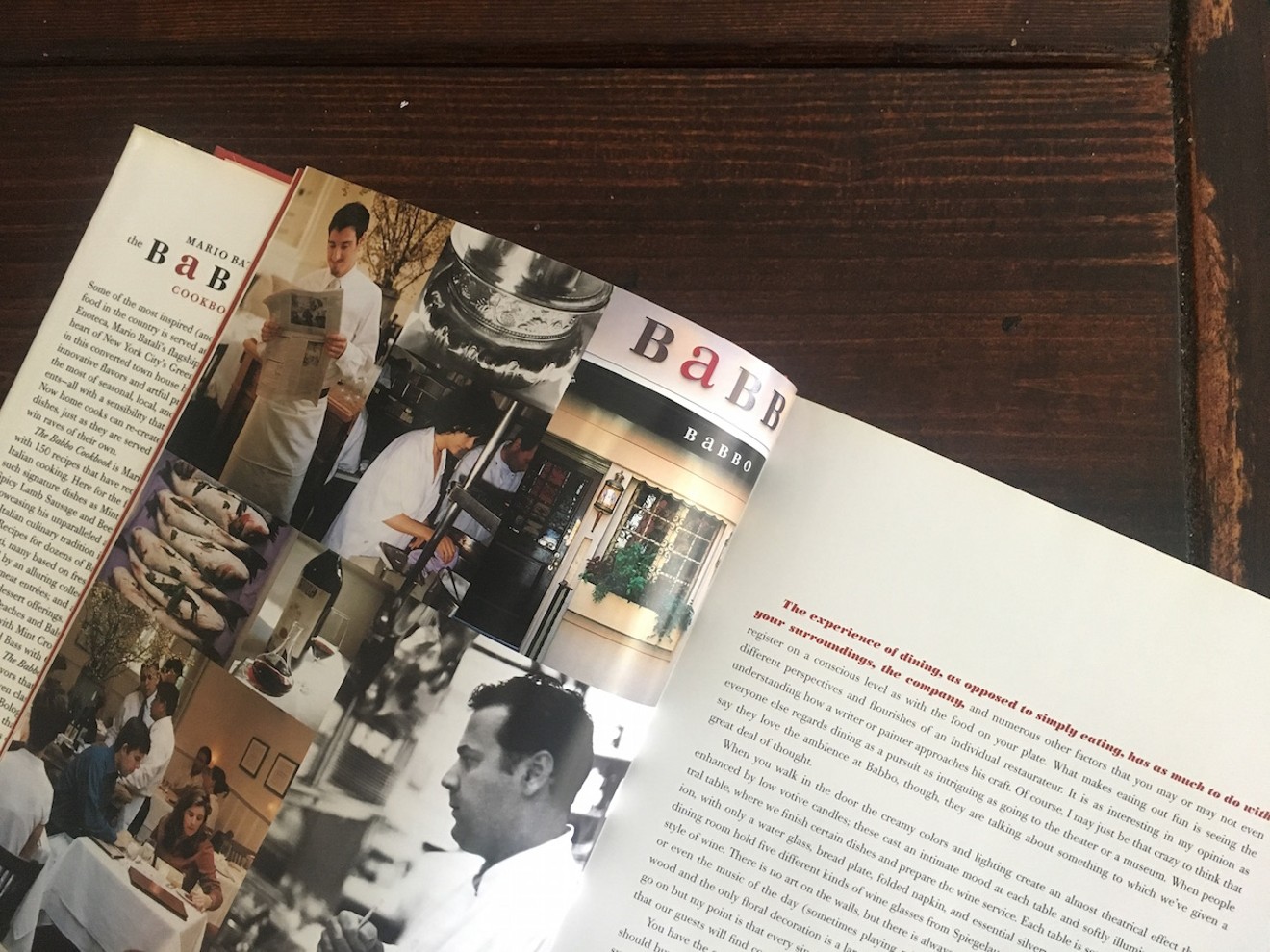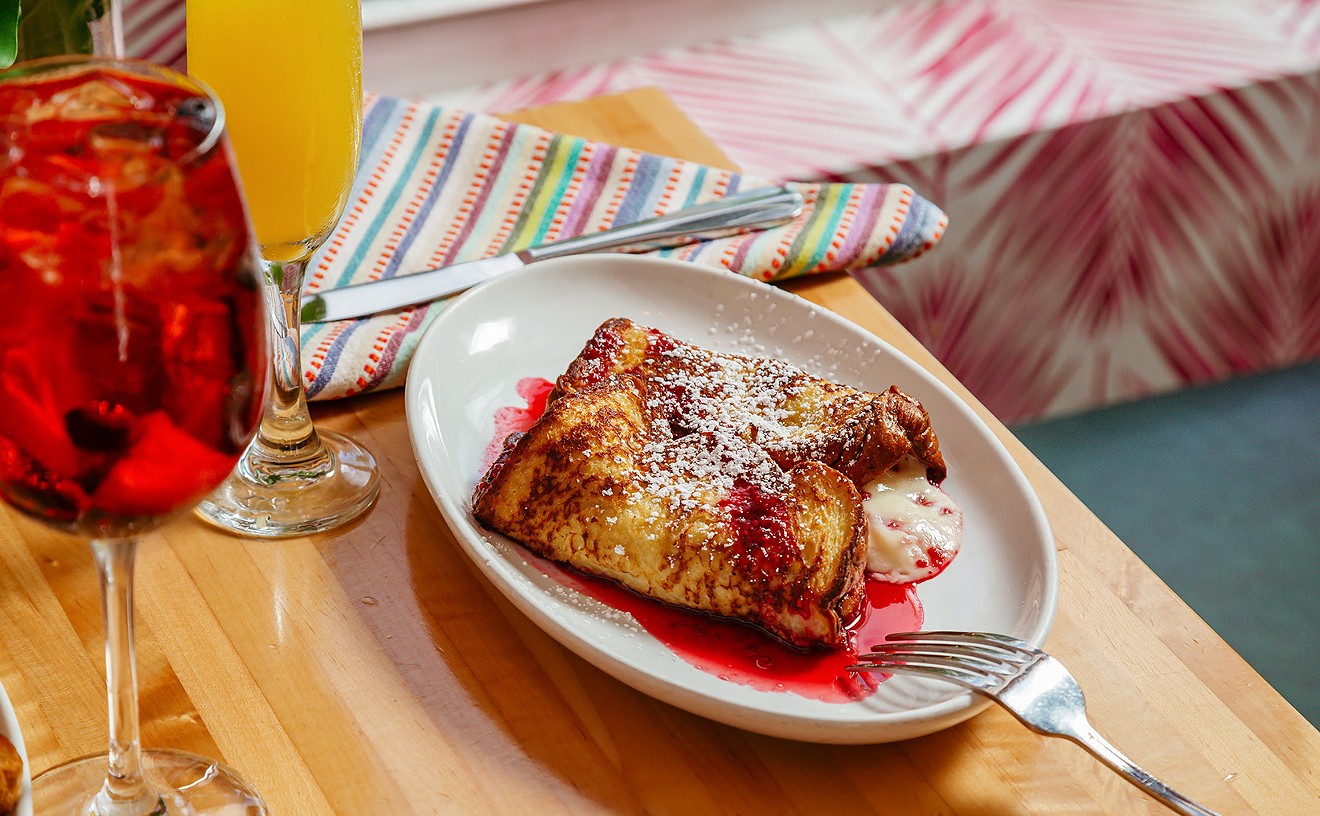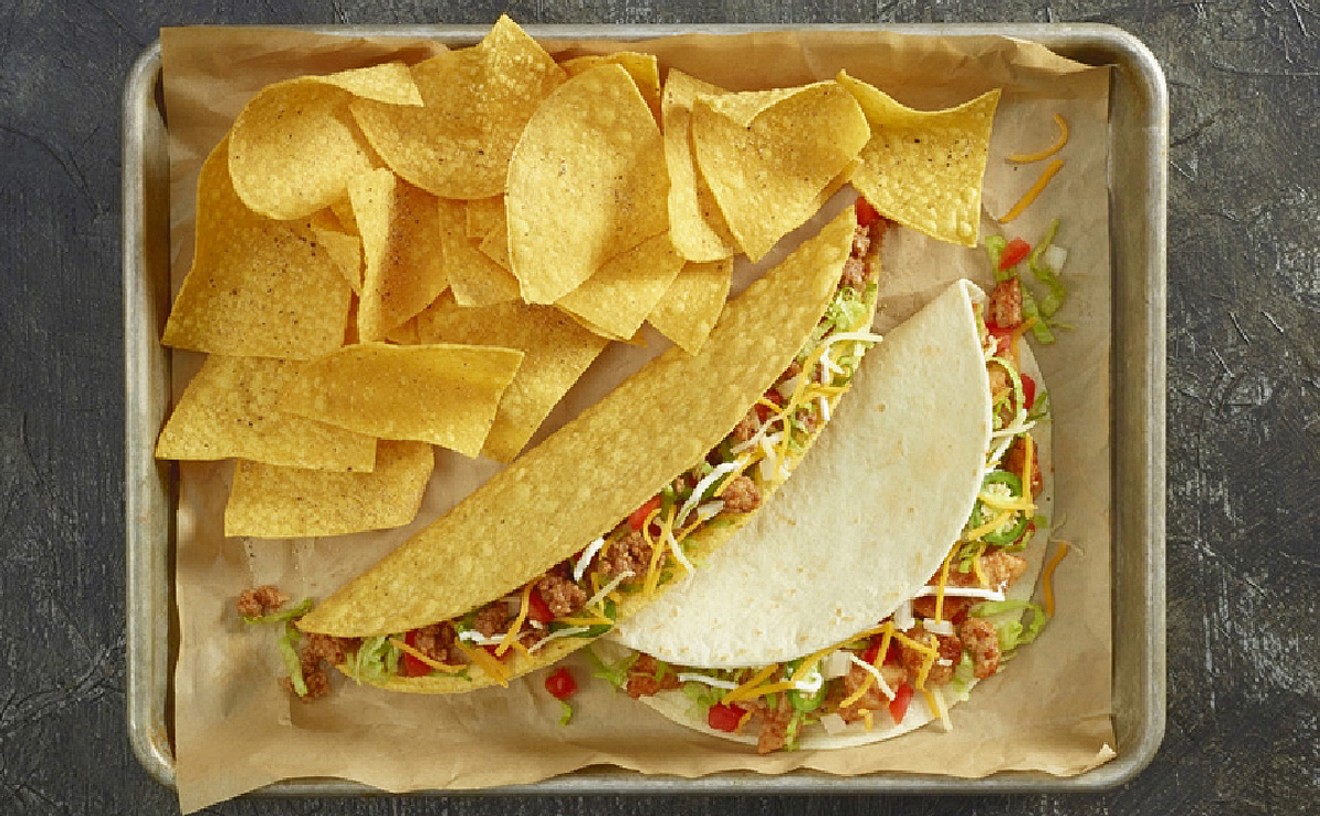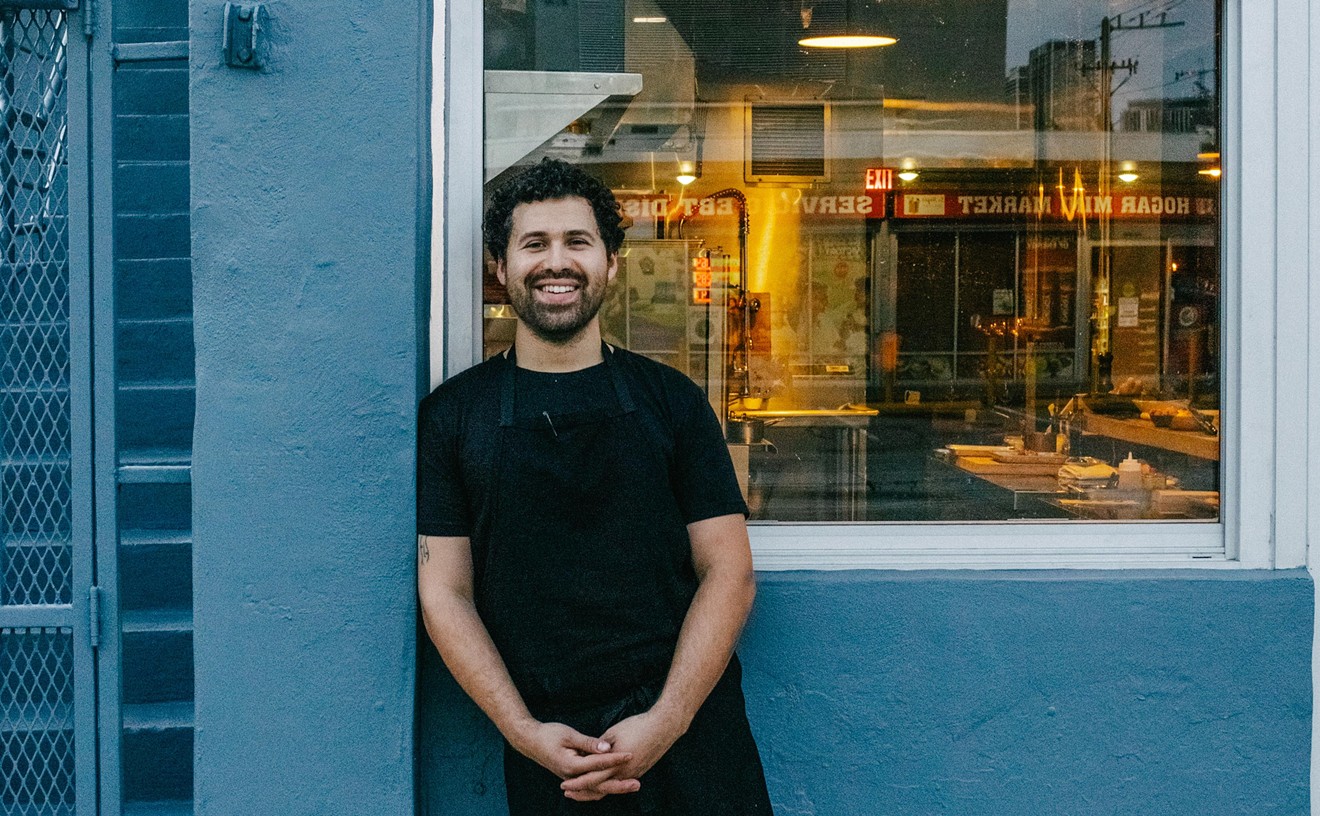There's a volume on my shelf that's taunting. Babbo is a cookbook that reveals some of the recipes and thoughts behind Mario Batali and Joe Bastianich's Michelin-starred Greenwich Village restaurant that opened in 1998.
Along with the even more decorated Del Posto, Babbo formed the foundation of the Batali empire that spans television, food products, and the kind of celebrity that is often a boon and hangup in the restaurant industry.
All of that was sidetracked in recent weeks after a report in Eater alleged an egregious boys' club at Batali's restaurants and investments (including April Bloomfield's Spotted Pig), where sexual harassment was seemingly tolerated by management and where the orange-Crocs-clad Batali was sometimes accused of being leader of the pack.
In response, Batali issued what many in the industry have deemed a half-hearted, insincere apology followed by a recipe for cinnamon buns.
As all of this transpired, Batali's red-spined cookbook with his partially obscured face and kitchen whites has sat on a shelf calling out to me. The book came into my possession about a year ago through a five-finger discount off my parents' bookshelf. The recipes it contains are alluring: calf's brain francobolli with sage and lemon, warm lamb's tongue with black truffle vinaigrette, and capocollo with dandelion greens and pickled fiddleheads.
As I flip through the pages, a kind of magnetism still radiates off them, creating a deep desire to reproduce the recipes. The attraction is immediately followed by revulsion with a touch of self-loathing. So what am I now to do with this book?
My first instinct is to throw it in the garbage, to purge it and all of the baggage attached to it.
"You're not changing anything by throwing it out or not cooking the recipes in it," said Nicole Votano, the culinary director of the Wynwood Yard. "In my opinion, if you’re going to throw away that cookbook, you might just as well throw away every fucking cookbook you have because the problem is so pervasive in the industry."
My knee-jerk response was wrong and akin to that of social media activists who share their outrage about events online but do nothing in real life. Still, I think the book should go. For it to be on any shelf gives it a place of honor. Re-creating any of its recipes feels like being an accessory to a deplorable crime.
"He can't come back from it because his apology was so insincere. I would throw it out and burn it," said Valerie Chang, chef at the Wynwood hummusiya Dizengoff.
Still, this moment in time seems to be a turning point. "It's such a weird but beautiful thing that’s happening to know that after this, our daughters won't have to stand back or keep quiet and be sexually harassed by men of title," Chang said.
If there is anything to take away from all of this, it's that it's never too soon to speak. Alleged serial predators such as Batali, Harvey Weinstein, and John Halperin were able to perpetuate their behavior because people were fearful to speak up. Sometimes it was for fear of retribution and retaliation. Other times because crude behavior can be accepted and encouraged in modern male society. In struggling with what to do with Batali's cookbook, we are forced to look at ourselves and ask whether there's ever been a time in our lives when someone was being abused and we might have been able to stop it. The answer in my case is yes, many times over, and perhaps determining the fate of this book will help me make the right choices going forward.
Thankfully, some chefs in Miami have made the right choice even though "in the kitchen, people sometimes assume that it's just OK," said Cindy Hutson, chef and owner of Ortanique on the Mile and Zest.
Hutson recalled a young trainee who worked in her Las Vegas restaurant and showed great potential. "He did four days of tastings, and I was ecstatic to have found someone with that kind of palate," she said. "Then, two weeks after I hired him, he exposed himself in the walk-in [cooler]. He asked all the girls to come in; four did, and one reported it."
[
{
"name": "Air - MediumRectangle - Inline Content - Mobile Display Size",
"component": "19274298",
"insertPoint": "2",
"requiredCountToDisplay": "2"
},{
"name": "Editor Picks",
"component": "17482312",
"insertPoint": "4",
"requiredCountToDisplay": "1"
},{
"name": "Inline Links",
"component": "18711090",
"insertPoint": "8th",
"startingPoint": 8,
"requiredCountToDisplay": "7",
"maxInsertions": 25
},{
"name": "Air - MediumRectangle - Combo - Inline Content",
"component": "17482310",
"insertPoint": "8th",
"startingPoint": 8,
"requiredCountToDisplay": "7",
"maxInsertions": 25
},{
"name": "Inline Links",
"component": "18711090",
"insertPoint": "8th",
"startingPoint": 12,
"requiredCountToDisplay": "11",
"maxInsertions": 25
},{
"name": "Air - Leaderboard Tower - Combo - Inline Content",
"component": "17482313",
"insertPoint": "8th",
"startingPoint": 12,
"requiredCountToDisplay": "11",
"maxInsertions": 25
}
]












